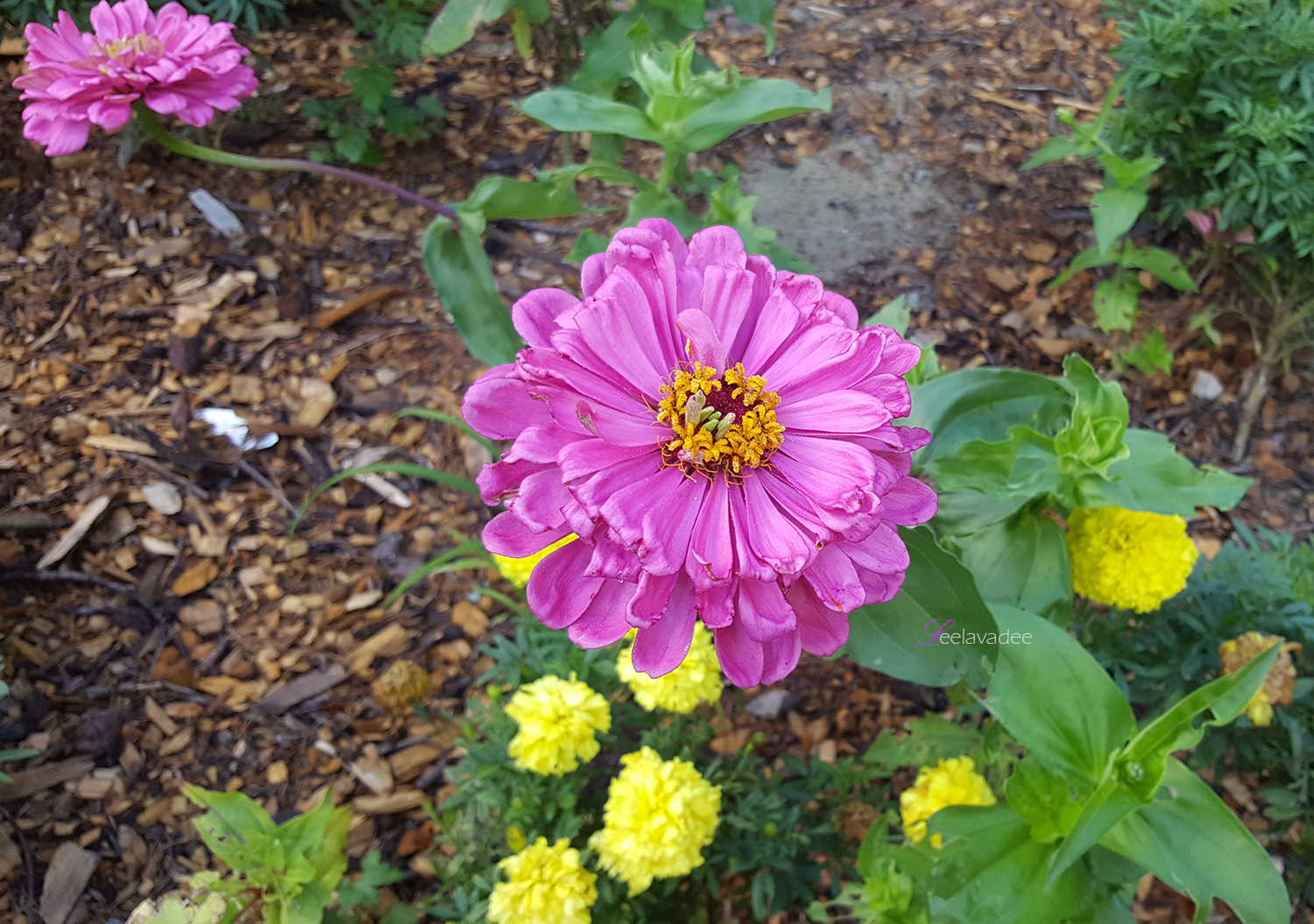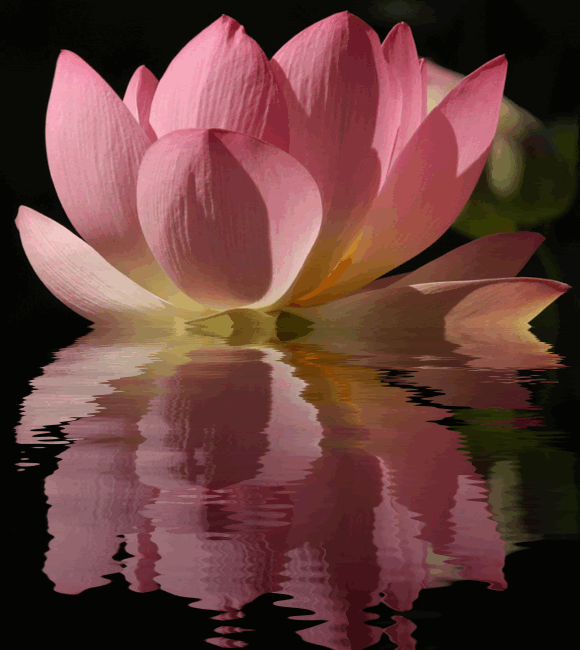-
Comment September 3, 2018
-
Calm down your mind and your five senses
Comment September 3, 2018 -
Video documentary on Samatha and Vipassana meditation
Comment May 28, 2018Video documentary on Samatha and Vipassana meditation at Wat Kiryvongsa Bopharam, Peace Meditation Center. Monday the 14th Waxing Moon of Jeṭṭha B.E.2562, May 28, A.D.2018 Year of the Dog
-
Not paranoid but prepared
Comment May 23, 2018Fearlessness is generated when you can appreciate uncertainty, when you have faith in the impossibility of these interconnected components remaining static and permanent. You will find yourself, in a very true sense, preparing for the worst while allowing for the best. You become dignified and majestic. These qualities enhance your ability to work, wage war, make peace, create a family, and enjoy love and personal relationships. By knowing that something is lying in wait for you just around the bend, by accepting that countless potentialities exist from this moment forward, you acquire the skill of pervasive awareness and foresight like that of a gifted general, not paranoid but prepared. ~ Dzongsar Khyentse Rinpoche
-
Be there all along
Comment May 23, 2018Sometimes people find that being tender and raw is threatening and seemingly exhausting. Openness seems demanding and energy consuming, so they prefer to cover up their tender heart. Vulnerability can sometimes make you nervous. It is uncomfortable to feel so real, so you want to numb yourself. You look for some kind of anaesthetic, anything that will provide you with entertainment. Then you can forget the discomfort of reality. People don’t want to live with their basic rawness for even fifteen minutes…For the warrior, fearlessness is the opposite of that approach. Fearlessness is a question of learning how to be. Be there all along: that is the message. That is quite challenging in what we call the setting-sun world, the world of neurotic comfort where we use everything to fill up the space. ~ Chögyam Trungpa
-
We Have to Be Honest With Ourselves
Comment May 23, 2018Many people try to find a spiritual path where they do not have to face themselves but where they can still liberate themselves ~ liberate themselves from themselves, in fact. In truth, this is impossible. We cannot do that. We have to be honest with ourselves. We have to see our gut, our most undesirable parts. We have to see that. That is the foundation of warriorship and the basis of conquering fear. We have to face our fear; we have to look at it, study it, work with it, and practice meditation with it. ~ Chögyam Trungpa
-
The Story of Thera Dhammika
Comment May 23, 2018Verse 84: For his own sake or for the sake of others, he does no evil; nor does he wish for sons and daughters or for wealth or for a kingdom by doing evil; nor does he wish for success by unfair means; such a one is indeed virtuous, wise and just.
The Story of Thera Dhammika
While residing at the Jetavana monastery, the Buddha uttered Verse (84) of this book, with reference to Thera Dhammika.
Dhammika lived in Savatthi with his wife. One day, he told his pregnant wife that he wished to become a bhikkhu; his wife pleaded with him to wait until after the birth of their child. When the child was born, he again requested his wife to let him go; again, she pleaded with him to wait until the child could walk. Then Dhammika thought to himself, “It will be useless for me to ask my wife for her approval to join the Order; I shall work for my own liberation.” Having made a firm decision, he left his house to become a bhikkhu. He took a subject of meditation from the Buddha and practised meditation ardently and diligently and soon became an arahat.
Some years later, he visited his house in order to teach the Dhamma to his son and his wife. His son entered the Order and he too attained arahatship. The wife then thought, “Now that both my husband and my son have left the house, I’d better leave it, too.” With this thought she left the house and became a bhikkhuni; eventually, she too attained arahatship.
At the congregation of the bhikkhus, the Buddha was told how Dhammika became a bhikkhu and attained arahatship, and how through him his son and his wife also attained arahatship. To them the Buddha said, “Bhikkhus, a wise man does not wish for wealth and prosperity by doing evil, whether it is for his own sake or for the sake of others. He only works for his own liberation from the round of rebirths (samsara) by comprehending the Dhamma and living according to the Dhamma.”
Then the Buddha spoke in verse as follows:
Verse 84: For his own sake or for the sake of others, he does no evil; nor does he wish for sons and daughters or for wealth or for a kingdom by doing evil; nor does he wish for success by unfair means; such a one is indeed virtuous, wise and just.
Dhammapada Verse 84
Dhammikatthera VatthuNa attahetu na parassa hetu
na puttamicche na dhanam na rattham
na iccheyya adhammena samiddhimattano
sa silava pannava dhammiko siya.Source: Tipitaka
-
Adopting an attitude of not needing anything
Comment May 23, 2018 -
Kind words produce their own image in men’s souls
Comment May 11, 2018 -
Passing the day with a kind-hearted mind
Comment May 3, 2018Many problems are created in our world today because people do not engage in what will actually lead them onto a path that benefits them and brings happiness. From the time we open our eyes in the morning until we sleep at night, if we can pass the whole day with a kind-hearted mind and cheerful face, on good terms with people and talking pleasantly to them, our mind will be relaxed when we go to sleep at night. On the other hand, if we spend the day making others upset, if we fight, and even if we win, when we are going off to sleep at night we will have regrets and our mind will not be at ease. ~ 17th Karmapa

















